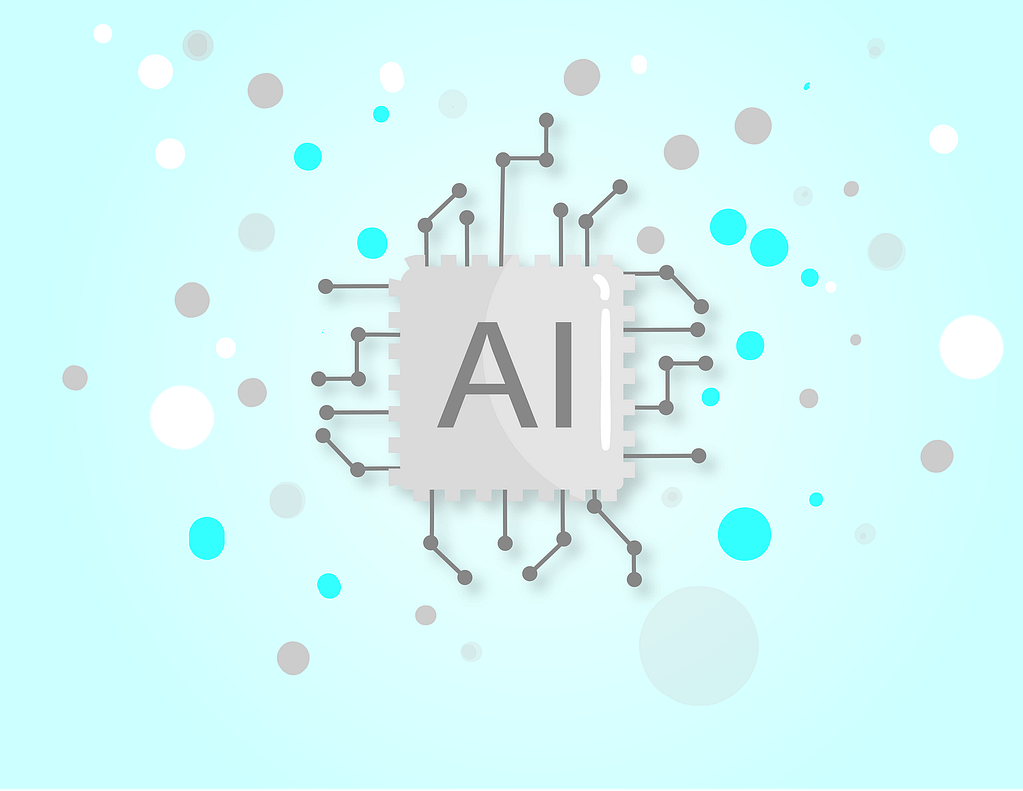Artificial Intelligence (AI) has emerged as a transformative technology that is reshaping industries and economies around the world. Southeast Asia, with its rapidly growing digital landscape, is no exception. In this article, we will explore how AI is changing Southeast Asia and the opportunities it presents for the region.
The Rise of AI in Southeast Asia
Embracing AI in Business Operations
AI is revolutionizing business operations across Southeast Asia. Companies are leveraging AI-powered solutions to streamline processes, enhance productivity, and gain a competitive edge. From chatbots and virtual assistants to data analytics and predictive modeling, AI is helping businesses make data-driven decisions and improve customer experiences.
Transforming Industries
AI is disrupting traditional industries in Southeast Asia. For instance, in the finance sector, AI-powered algorithms are revolutionizing risk assessment, fraud detection, and personalized financial services. In healthcare, AI is enabling faster and more accurate diagnosis, drug discovery, and patient care. The transportation and logistics industry is also benefiting from AI with optimized route planning, predictive maintenance, and autonomous vehicles.
The Impact of AI on Southeast Asian Economy
Job Creation and Skill Enhancement
Contrary to popular belief, AI is not just taking away jobs; it is also creating new ones. AI technology requires skilled professionals to develop, implement, and maintain it. As Southeast Asia embraces AI, there is a growing demand for AI specialists, data scientists, and machine learning engineers. This presents an opportunity for the region to upskill its workforce and foster innovation.
Economic Growth and Competitiveness
The adoption of AI has the potential to drive economic growth and enhance competitiveness in Southeast Asia. By leveraging AI technologies, businesses can improve efficiency, reduce costs, and innovate faster. This, in turn, attracts investments, boosts productivity, and propels the region towards becoming a global AI hub.
Challenges and Opportunities
Ethical Considerations
As AI becomes more prevalent in Southeast Asia, it is crucial to address ethical considerations. Issues such as data privacy, algorithm bias, and job displacement need to be carefully navigated. Governments, businesses, and society as a whole must work together to establish guidelines and regulations that ensure the responsible and ethical use of AI.
Collaboration and Knowledge Sharing
Collaboration and knowledge sharing are key to maximizing the potential of AI in Southeast Asia. Governments, industry players, and educational institutions should work together to foster an ecosystem that promotes research, innovation, and the development of AI talent. By sharing best practices and resources, Southeast Asia can accelerate its AI capabilities and stay at the forefront of technological advancements.
The Future of AI in Southeast Asia
As AI continues to evolve, its impact on Southeast Asia is expected to grow exponentially. With advancements in machine learning, natural language processing, and robotics, AI will continue to transform industries, create new job opportunities, and drive economic growth. Southeast Asia has the potential to become a leading AI hub, attracting investments and nurturing homegrown AI startups.
AI is revolutionizing Southeast Asia by transforming industries, driving economic growth, and creating new job opportunities. However, it is essential to address ethical considerations and foster collaboration to maximize the potential of AI in the region. As Southeast Asia embraces AI, it is poised to become a global leader in the AI revolution.




